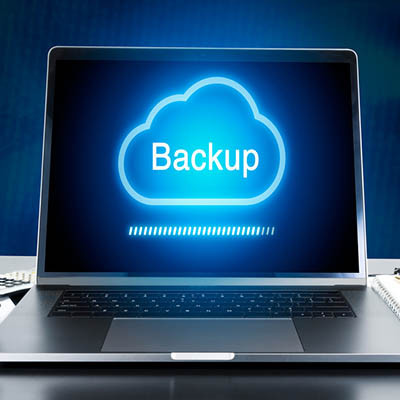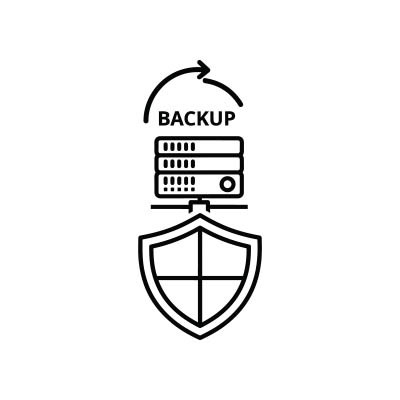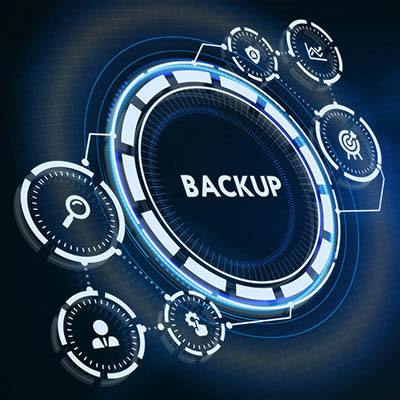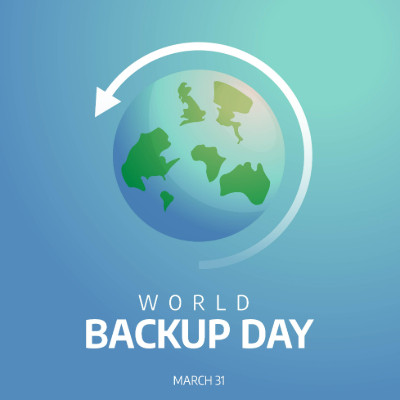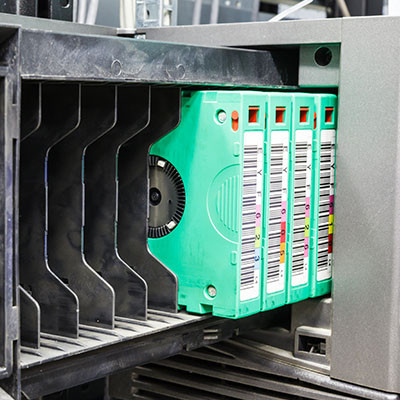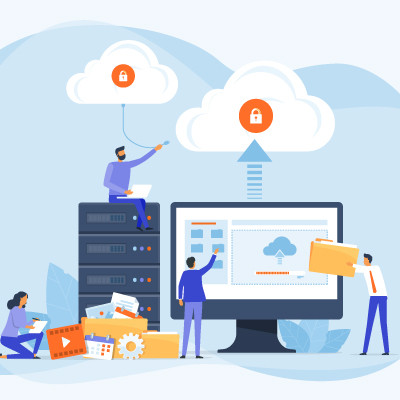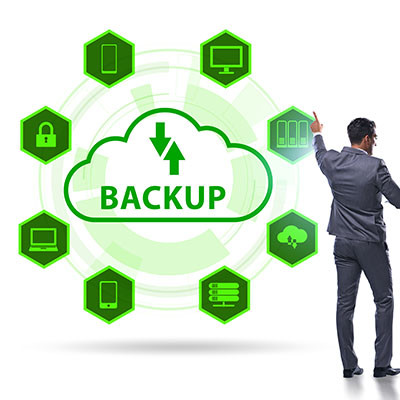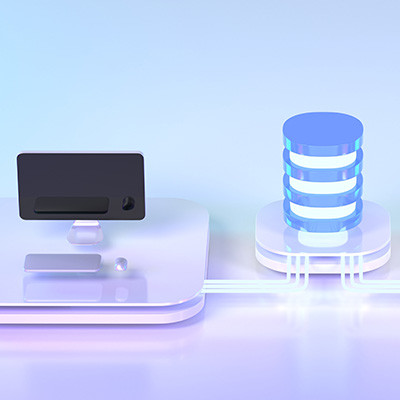Be honest: Do you have a real plan for the day your server goes dark? We're not talking about a little glitch—we mean a full, sudden stop due to a failed disk, a nasty strain of ransomware, or an accidental keyboard slip. For too many businesses, the "plan" is just that dusty external drive they plug in at closing time. This isn't a strategy; it's a prayer, and one that will go unheard when you need it most.
That false comfort is your biggest IT blind spot, because if a simple copy-paste job was enough, we wouldn't see businesses vanish after a single data incident. Stop crossing your fingers and let's get you a recovery plan that actually works.

